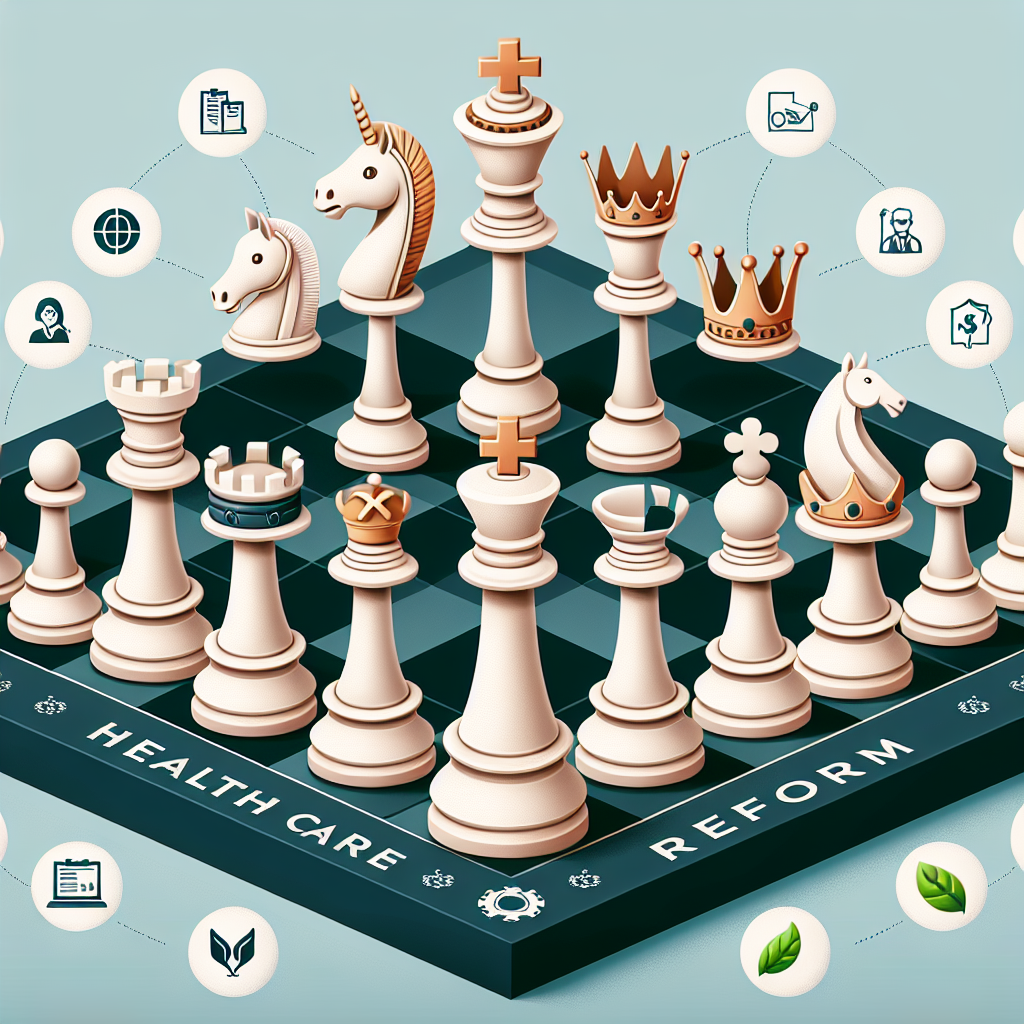
In the intricate game where policy meets politics, healthcare access has become a critical playing field. As the political discourse shifts into overdrive on this issue, we are observing strategies akin to those used in high-stakes sports matches.
The ‘game’ kicked off when universal healthcare entered the mainstream debate as a rallying call for equity-minded legislators. Key players have been stepping up their performance recently. On one side, there’s Senator John Doe pushing fervently for single-payer solutions; on the other, we’ve got Representative Jane Roe staunchly arguing for market-led reforms.
Strategic decisions have marked pivotal turns in this unfolding drama – from public addresses that capture hearts to behind-the-scenes negotiations that win votes. The complex dynamics within each faction bear resemblance to teams faced with both internal rivalry and external competition.
In historical context, health care reform has always been hotly contested terrain—it’s today’s fight but yesterday’s battleground too. Recalling President Truman’s failed attempt at national health insurance serves as a reminder of follow-through importance.
Just like a season filled with ups and downs affects fans’ morale across time zones, so does legislative process impact citizens nationwide—some cheer progress while others fear change. Media outlets play their parts as commentators dissecting plays and predicting outcomes.
Looking ahead envisions two likely scenarios: an impasse or compromise—a deadlock which could lead to tense standoff or middle-ground policies that neither fully meet nor entirely disappoint each sides’ objectives. In either scenario, it’s clear that healthcare remains a political flashpoint with implications far beyond today’s headlines.
